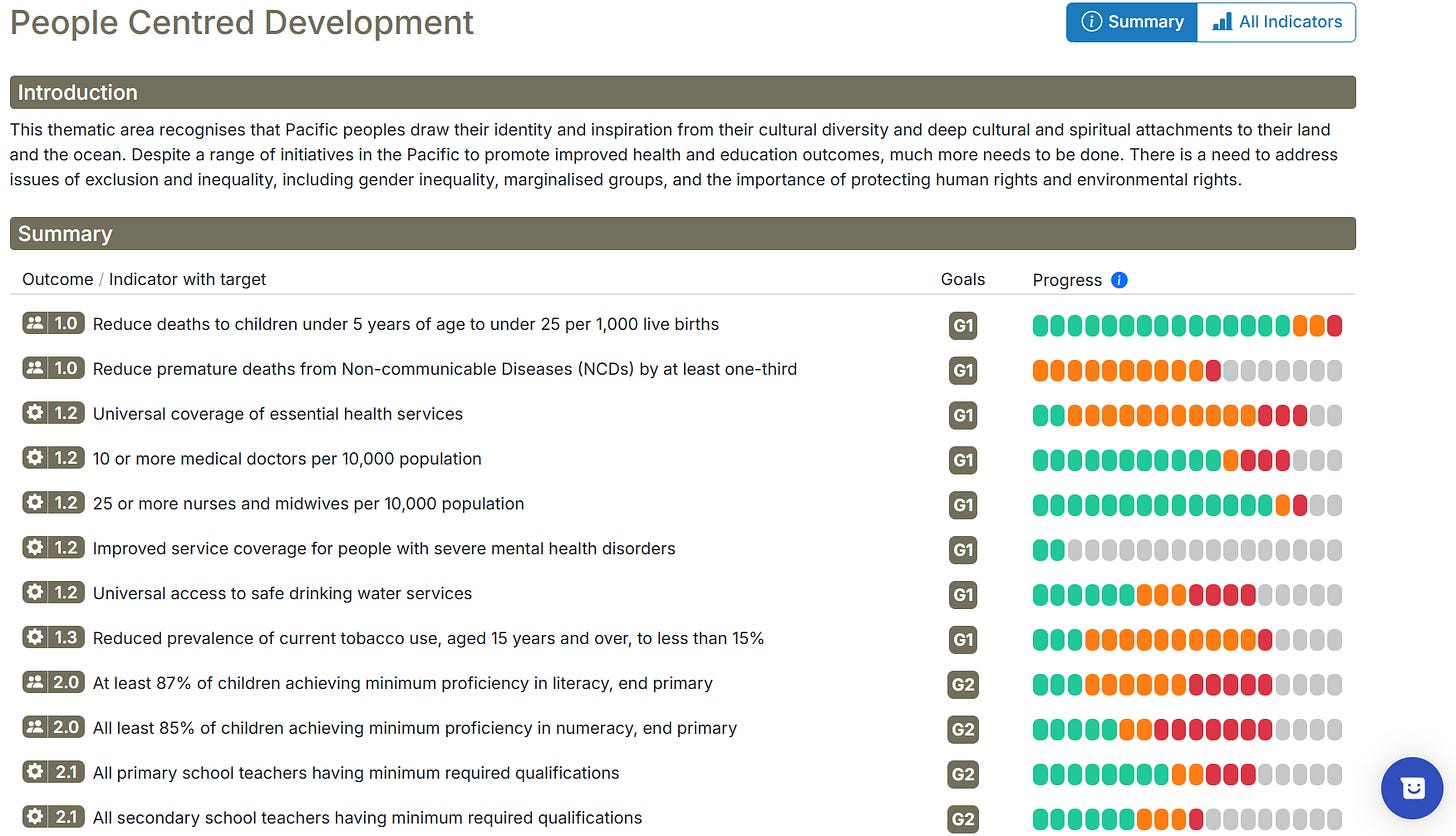Data Stewardship: Unlocking the Power of Data Collaboration for Local Impact
Question #001: In this first post, I'll be exploring what Data Stewardship is, how it relates to Data Collaboratives and how the concept of Networked Governance fits into the scheme of things!
In today’s world, data is more than just numbers stored within organizations—it’s a powerful resource that, when shared responsibly, can drive solutions to some of the most pressing global challenges like climate change and sustainable development.
This is where data stewardship comes in, transforming the traditional role of data management into a dynamic, collaborative practice focused on public benefit.
Sharing Data for Impact
Unlike traditional data management, which often focuses inward on maintaining data quality and security within an organization, here in the Pacific we are taking a broader view where ‘data stewardship’ involves responsibly sharing and using both public and private data across diverse organizations to create greater social and economic value.
In the Pacific, international organizations such as The Pacific Community (SPC) are already leveraging this approach to help their member countries make policy decisions more evidence-based and track progress toward global goals such as the Sustainable Development Goals (SDGs). For example, see the Blue Pacific 2050 Dashboard at the Pacific Data Hub which is hosted by SPC.
Why Collaboration Matters
Data collaboratives like the Blue Pacific 2050 Dashboard, combine siloed datasets from across a range of organisations, to enable deeper insights and more effective responses to the complex issues we face here in the Pacific.
However, building and sustaining these partnerships requires significant effort, resources, and trust from both data providers and users, and this is where the Data Steward comes squarely into the frame to fit the pieces together!

The Role of Data Stewards
Data stewards are the curators of successful data collaboratives, where they:
Engage with a wide range of stakeholders to establish the Why or challenge to be addressed, Who the key beneficiaries will be and What data resides across stakeholders and organisations.
Curate the entire data lifecycle — from collection and storage to usage — while safeguarding privacy and preventing misuse.
Help establish controlled access to diverse data sets, ensuring data is shared responsibly and ethically.
Coordinate internal resources and align organizational leadership to support collaborative data initiatives.
Work towards the sustainability of data sharing efforts by measuring impact and building strong roadmaps for the data products (dashboards, decision support tools etc) created in the data collaborative.
Communicate insights clearly to inform decision-making and raise awareness among collaborators, stakeholders and beneficiaries.
Key Competencies of Data Stewards
Effective data stewardship requires a mix of skills beyond traditional data management, including:
Data Governance and Ethics: Assessing data value and risks while upholding ethical standards and fundamental rights.
Partnership Building: Engaging communities and partners to establish social licenses for data reuse.
Operational Coordination: Aligning internal teams, trans-organisational groups and resources to enable smooth data collaboration.
Sustainability Planning: Strategizing for long-term impact and institutionalising data-driven innovation.
Communication: Translating data intelligence into actionable insights for diverse audiences.

Embracing Network Governance for Data Collaboration
Networked governance refers to a collaborative system where multiple autonomous actors—such as government entities, private companies, nonprofits, and civil society—work together through networks rather than traditional hierarchical structures to make decisions and manage resources.
This approach emphasizes horizontal decision-making, trust, and negotiation among participants, enabling more flexible, efficient, and adaptive responses to complex and dynamic challenges.
In the context of data collaboratives, Data Stewards can use a networked governance approach to facilitate the sharing and coordination of data and resources across diverse stakeholders, achieving common public or social goals, relying on informal social contracts and mutual trust rather than rigid legal frameworks.
This contrasts with top-down governance approach used by organisational hierarchies by promoting interdependence, information sharing, and collective problem-solving in a poly-centric system where no single actor dominates
For the Pacific, network governance offers particular benefits:
Inclusivity: Ensures all voices, including smaller island nations and local communities, are heard.
Agility: Allows quick adaptation to emerging challenges like climate impacts and disaster response.
Resource Sharing: Optimizes use of expertise and infrastructure across organizations.
Trust and Transparency: Builds confidence through open communication and shared decision-making.
Innovation: Sparks new ideas by combining diverse perspectives and experiences.
Call to Action?
If any of this is ringing a bell for you, why not come join the conversation on the Pacific Data Steward Network on LinkedIn.
With this community-of-practice, we are bringing together data stewards, professionals, and stakeholders from across the Pacific to foster collaboration, share knowledge, and advance best practices in data governance, stewardship, and ethical data use—with a strong commitment to respecting and protecting traditional knowledge alongside scientific data.
About the Author
The views and opinions expressed in this post are solely my own, based on my personal experiences as a data steward and my current Professional Doctorate Research at Otago University on Governance Frameworks for Data Collaboratives.
They do not necessarily reflect the official policies, positions, or views of my employer, the Pacific Community (SPC).



